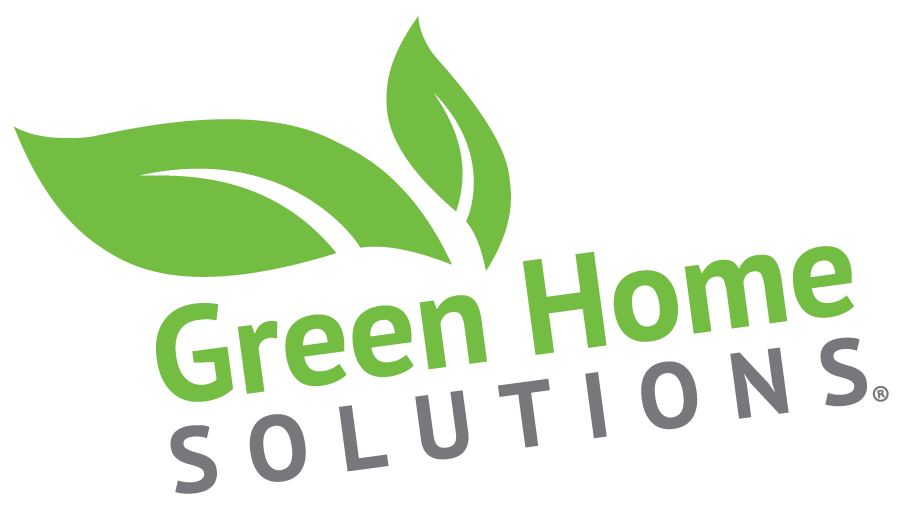What Are Mycotoxins?
Indoor mycotoxins refer to toxic compounds produced by certain molds and fungi like Aspergillus, Penicillium, and Stachybotrys (black mold). These microscopic toxins can contaminate air, surfaces, and food, posing significant health risks once mold starts growing indoors.
Health Risks Associated with Mycotoxins
Mycotoxins present various health risks, primarily affecting respiratory health. Inhaling mycotoxins can lead to chronic coughing, wheezing, and throat irritation. Those with asthma or other respiratory conditions are especially vulnerable, facing heightened risks of severe attacks and exacerbations.
Additional Health Concerns
Extended exposure to mycotoxins has been associated with neurological symptoms such as headaches, dizziness, and cognitive impairment. Furthermore, mycotoxins can suppress the immune system, increasing susceptibility to infections, particularly dangerous for individuals with compromised immune systems. Direct contact with mycotoxin-contaminated surfaces can cause skin irritation and severe allergic reactions in sensitive individuals.
Long-term Health Implications
Chronic exposure to mycotoxins can lead to severe long-term health issues, including liver and kidney damage, and potentially increasing the risk of certain cancers. These consequences underscore the critical importance of promptly and effectively addressing mold issues to safeguard long-term health.
Protecting Yourself from Mycotoxins
To mitigate the risks associated with mycotoxins, maintain a dry, well-ventilated home environment to prevent mold growth. Regularly clean and disinfect moisture-prone areas like bathrooms and kitchens. If mold is detected, seek professional remediation services for safe and thorough removal. Consider indoor air quality testing to detect mycotoxins and other pollutants, ensuring a healthier living environment for you and your family.
